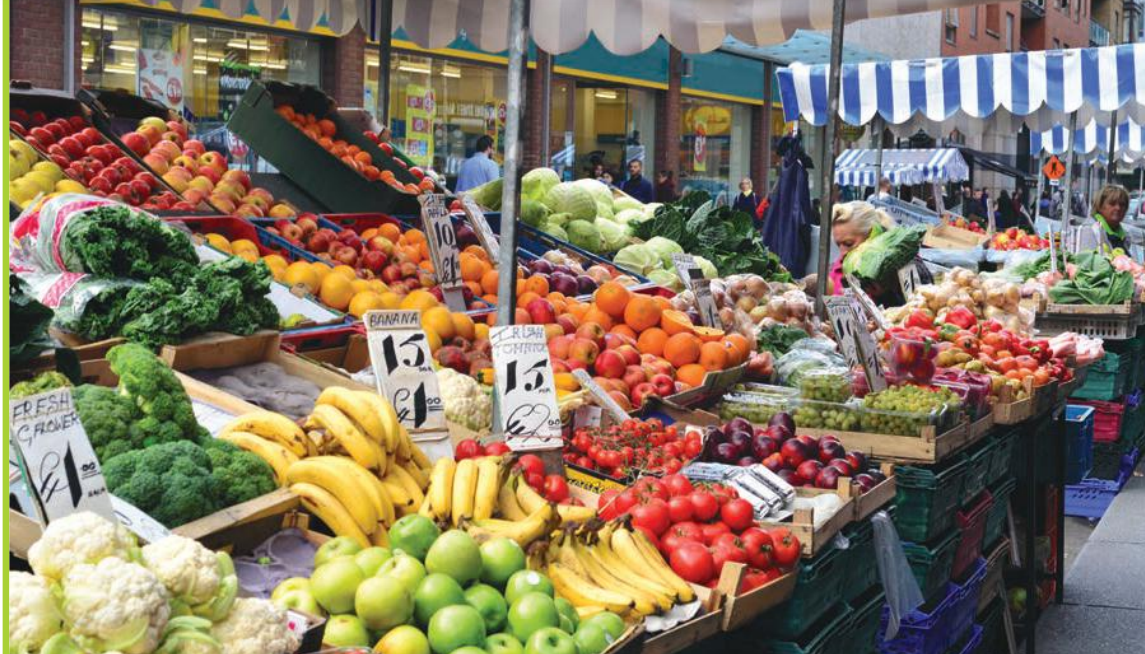The Institute for Global Food Security (IGFS) at Queen’s University Belfast has welcomed the Kendall review of the Northern Ireland agri-food system and its main recommendations.
The Independent Strategic Review of the Northern Ireland Agri-Food Sector was commissioned by the NI Departments of Agriculture, Environment and Rural Affairs (DAERA); and the Economy (DfE) and published last month.
Its lead author is Sir Peter Kendall, a former president of the National Farmers’ Union (England and Wales) and former Chairman of the Agriculture and Horticulture Development Board (AHDB).
The main challenges facing the sector, the report found, were the environmental footprint of NI agriculture, particularly emissions associated with cattle farming; along with a new trading landscape brought about by Brexit, including knock-on effects on labour shortages. These labour problems were found to be compounded by the Covid-19 pandemic.
The Kendall review makes a total of 11 recommendations, including the establishment of a ‘Northern Ireland Diamond’ partnership, linking government, society, business and the ‘knowledge base’ (education and research institutions).
This approach is based on the ‘Dutch Diamond’ model in the Netherlands.
In practice, it would create a partnership involving the NI Executive and local government; Queen’s and Ulster universities; the Agri-Food and Biosciences Institute (AFBI); the College of Agriculture, Food and Rural Enterprise (CAFRE); NI business and industry including farmers, food producers and food retailers; environmental and community groups and other stakeholders.
The knowledge base would be central, to guide and provide a “collaborative science, research and education powerhouse” to support the agriculture and food sector.
Other Kendall review recommendations
Other recommendations made by the report include the setting up of an industry-led Sustainability Body to measure and certify environmental and carbon credentials of NI agri-food; and the development of more ambitious targets (and ways of delivering) around carbon Net Zero.
A “data revolution” embracing digitisation and hi-tech in relation to farming and food processing is also recommended, along with a major investment in innovation and entrepreneurship, to create a more circular economy.
Director of IGFS, Prof. Nigel Scollan said the report provided a positive roadmap. He said:
“While the scale of the challenges facing and opportunities for agri-food are large, this report offers constructive and timely recommendations, including the Northern Ireland Diamond.
"In effect, this would mean ‘NI PLC’ working together and creating a ‘one-team’ approach to support our agri-food sector.
“IGFS will be working closely with our knowledge partners, government and industry, including our Industrial Advisory Board.”

